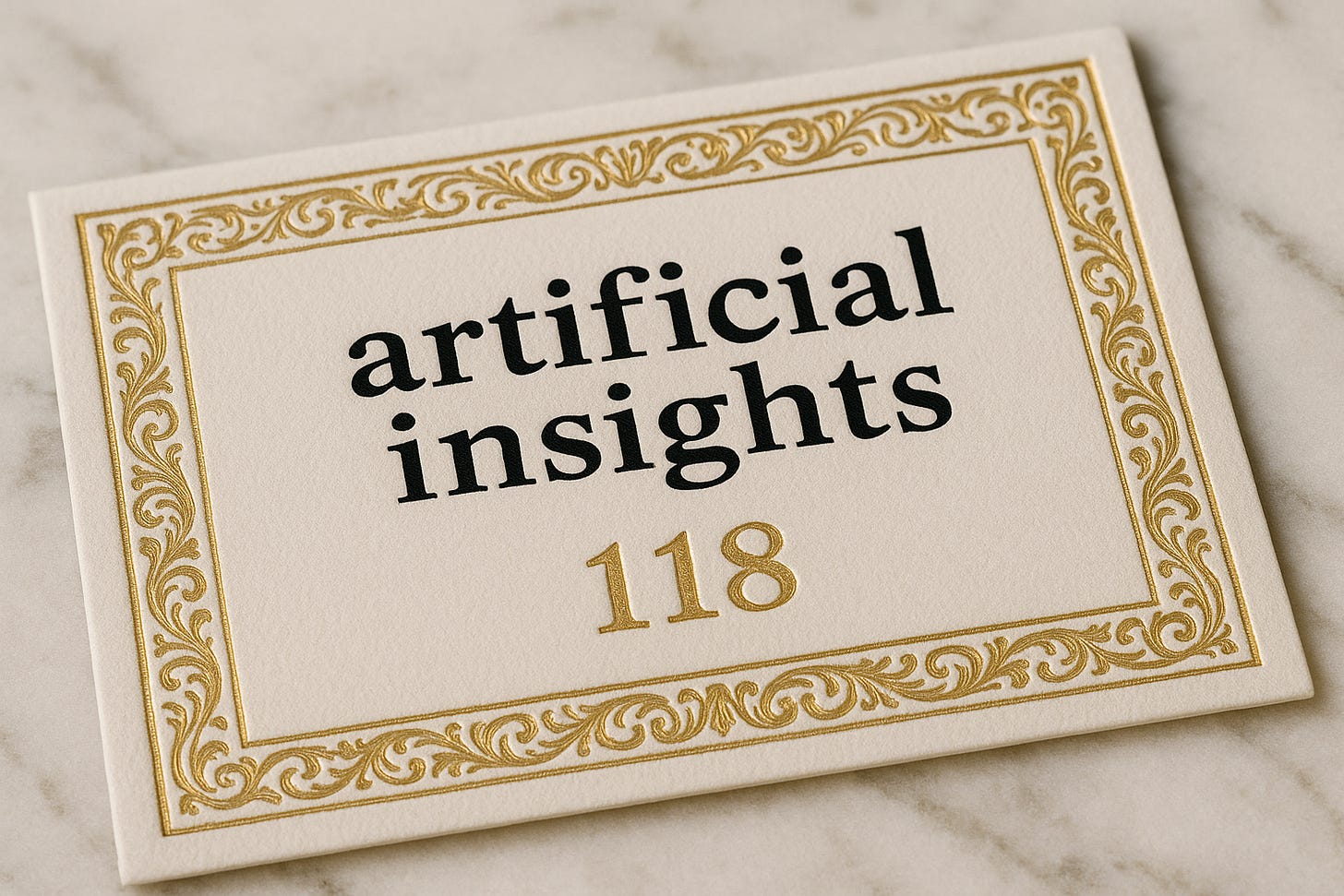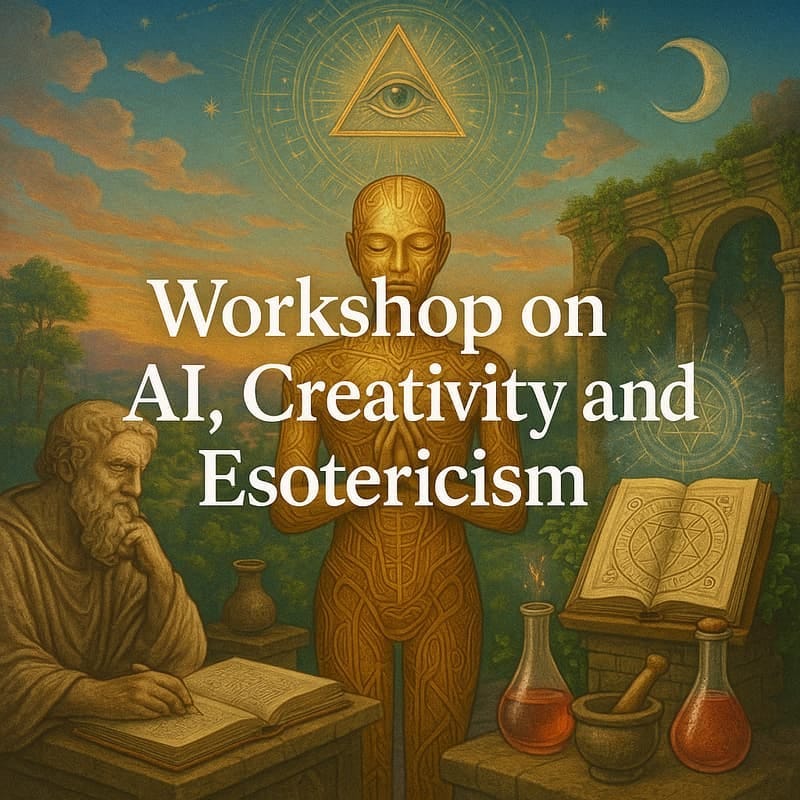Don't Obey in Advance (118)
Everything is political.
As someone steeped in U.S. culture thanks to growing up on a diet of video games, rock music, and the early Internet, I feel at least partially connected to the “American way.” Having never lived in the U.S., my experience and observations are strictly those of a curious outsider, now watching what happens when the inmates run the asylum.
History books teach us the perils of totalitarianism, but if your world knowledge is insular, the necessary context to perceive the systematic institutional dismantling taking place will seem, like everything else American, exceptional.
Technology is adjacent to politics, and it is unclear to me how politics actually shapes it.
Each government applies its best minds to controlling its technological future, but because technology changes so quickly, there are no playbooks – only best guesses and market dynamics.
The U.S. AI industry is arguably more beholden to capital than policy, but I wonder how long that will last. The bull in the china shop will eventually stumble out, but the dismantling and repurposing of political power seems unlikely to be reversed. More plausibly, the U.S. status quo will normalize into a more politicized environment, riddled with visible and invisible biases, just to keep operating.
How this affects the rest of the world is impossible to anticipate. Resistance grows under pressure. Alternatives to hegemonic technology might proliferate. U.S. industry and expertise might expand outward differently – not with blind assumptions, but humbled into positions where leverage is exerted differently.
I remain optimistic about our future with AI.
Despite the turmoil, I’ve noticed how apolitical and international the average ML engineer tends to be. Leaders will have no shortage of regulations to navigate, but the talent needed to build seemingly carries little ideology. The engineers, researchers, and users form a diffuse, transnational counterweight to centralized power.
The open question is whether that will be strong enough to resist capture – or whether, as history suggests, resistance itself will become the driving force of innovation.
Until next week,
MZ
Vibe Coding (Amsterdam, Oct 7)
I’m co-hosting the third edition of our vibe coding hackathon at the Embassy of the Free Mind together with Derek Lomas. The last two sessions sold out, so if you’re interested, reserve your spot now on Luma.
Planetary Computation (55 min)
Spectacular lecture by Benjamin Bratton at The Long Now about the plausible future of AI.
What if humans are a phase in the history of technology?
Context Beats Prompts in AI (14 min)
Tiago Forte (Founder of Forte Labs) argues that the real power of AI isn’t in bigger models or clever prompts. It’s in context: system instructions, personal preferences, and project knowledge that turn AI into a true team member.
Claude actually has seven different trigger words that… force the LLM to do deeper analysis and deeper thinking. By using them, you can easily access a 10x improvement without further context.
ChatGPT Research Paper
ICYMI: OpenAI paper on how people use AI in chat. Lots of interesting graphs & insights.
Vibe Coding in Prod (32 min)
Excellent example of the magic of vibe coding by Dive Club.
Recall Me Maybe (13 min)
Via Emma G. Moller:
Stephen Fry and Gemma Whelan star in a new FT drama written by David Baddiel, exploring AI, memory and truth. Fry plays a grandfather with dementia who uses AI to fill in gaps in his memory. While reviewing the archive of his life his family makes a shocking discovery. Which memories are really true? And how AI is defining who we are?
Keep Thinking with Claude (90 sec)
Interesting aesthetics from Anthropic, positioning Claude around problem-solving and helping you think.
The Case for AI (26 min)
Pretty insightful interview with relatively little hype with Reid Hofmann.
If Artificial Insights makes sense to you, please help us out by:
📧 Subscribing to the weekly newsletter on Substack.
💬 Joining our WhatsApp group.
📥 Following the weekly newsletter on LinkedIn.
🦄 Sharing the newsletter on your socials.
Artificial Insights is written by Michell Zappa, CEO and founder of Envisioning, a technology research institute.





